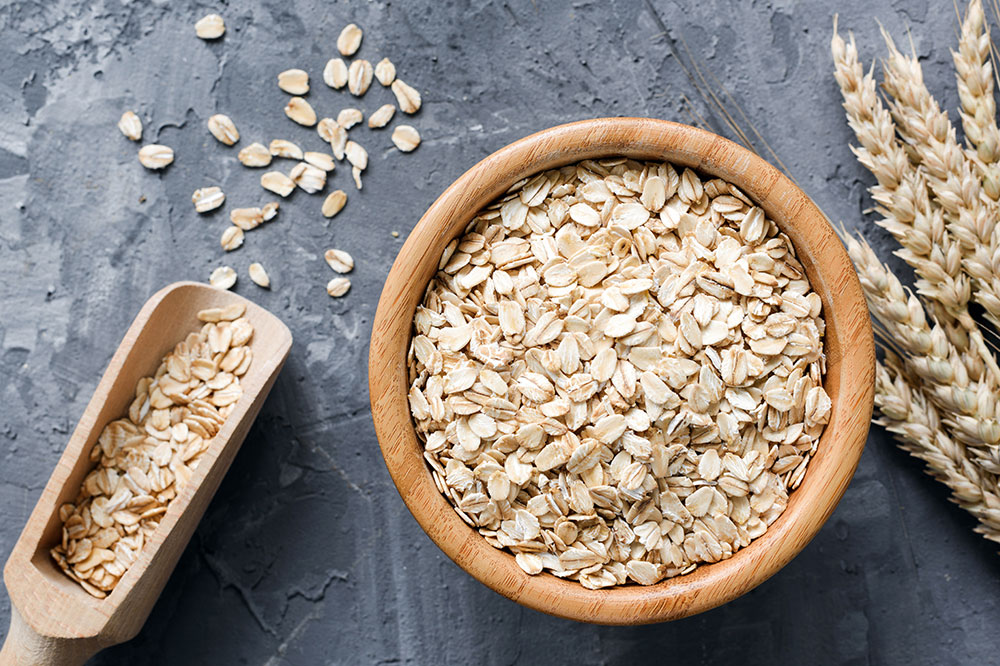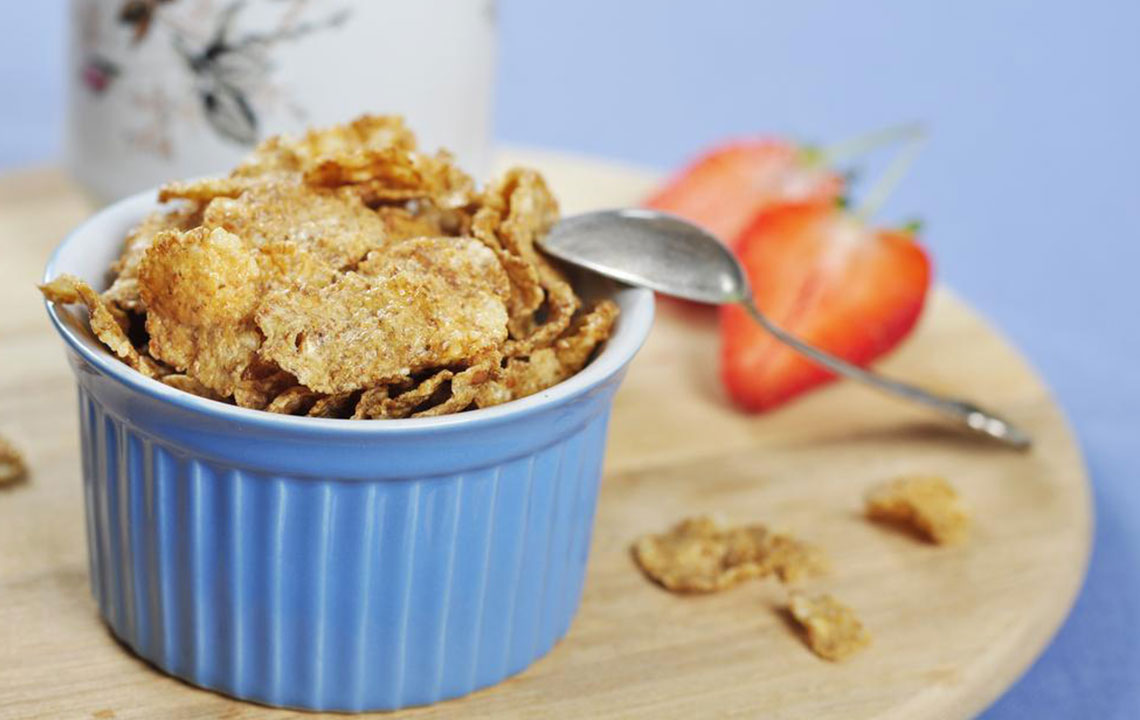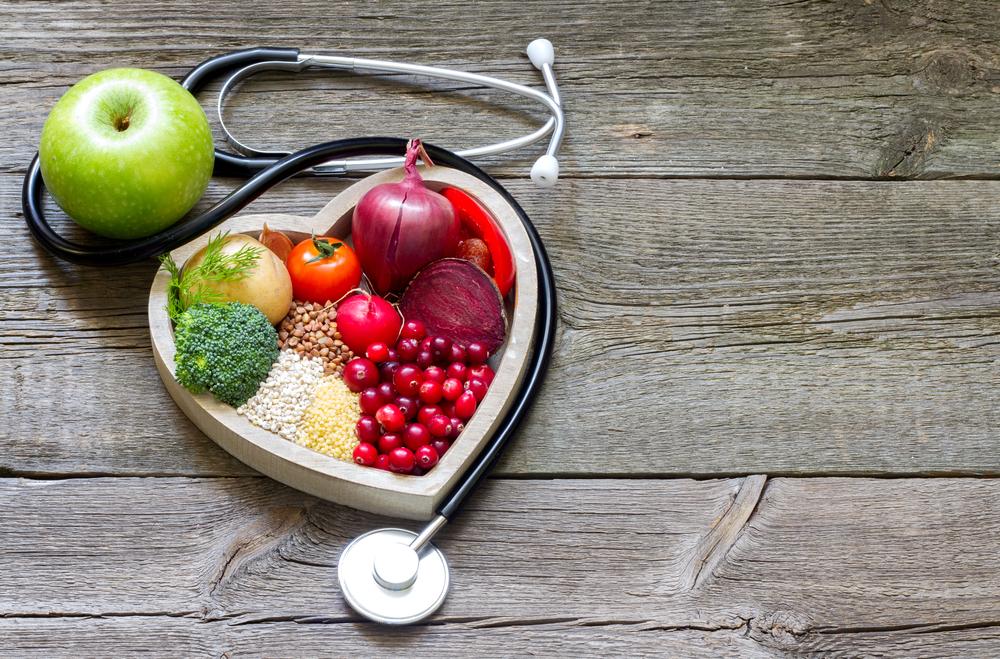Top 8 Heart-Healthy Foods to Effectively Lower Cholesterol Levels and Protect Your Heart
Discover 8 scientifically proven heart-healthy foods that effectively reduce LDL cholesterol and boost your cardiovascular health. Learn how whole grains, fatty fish, legumes, nuts, avocados, healthy oils, soy products, and dark chocolate can contribute to a stronger, healthier heart. This comprehensive guide provides practical tips on incorporating these foods into your diet for long-term wellness and protection against heart disease.

Top 8 Heart-Boosting Foods to Reduce Cholesterol Naturally
Maintaining healthy cholesterol levels is crucial for cardiovascular health and reducing the risk of heart disease. Elevated levels of low-density lipoprotein (LDL), commonly known as "bad" cholesterol, contribute significantly to arterial plaque buildup, which can lead to heart attacks and strokes over time. Adopting a diet that emphasizes heart-friendly foods is one of the most effective strategies to manage and lower cholesterol levels. In this comprehensive guide, we delve into eight scientifically backed foods that can help you maintain a healthy heart by lowering LDL cholesterol and enhancing overall cardiovascular wellness.
1. Whole Grains
Whole grains are a dietary cornerstone for heart health. Foods such as oats, barley, brown rice, and whole wheat contain high levels of dietary fiber, which binds to LDL cholesterol in the digestive system and facilitates its removal from the body. Oats, in particular, contain a soluble fiber called beta-glucan, proven to significantly decrease LDL levels when consumed regularly. Starting your day with a bowl of oatmeal or whole-grain cereals, complemented by fresh fruits like bananas or strawberries, not only boosts your nutrient intake but also supports sustained cholesterol management.
2. Fatty Fish Rich in Omega-3 Fatty Acids
Consuming fatty fish such as salmon, mackerel, sardines, and anchovies at least twice per week provides an abundance of omega-3 fatty acids. These essential fats play a pivotal role in reducing triglycerides, lowering blood pressure, and preventing blood clots. Omega-3s increase high-density lipoprotein (HDL), the "good" cholesterol, which helps clear LDL from your arteries. Incorporating grilled or baked fatty fish into meals can be an enjoyable step toward a healthier heart.
3. Legumes and Beans
Legumes like navy beans, kidney beans, black beans, and chickpeas are excellent sources of soluble fiber, which has been linked to reductions in LDL cholesterol. The high fiber content delays digestion and prolongs satiety, aiding in weight management, which also benefits heart health. Adding beans to salads, soups, or stews not only enhances flavor but also promotes healthier cholesterol profiles by lowering LDL and increasing HDL levels.
4. Nuts and Seeds
Nuts such as almonds, walnuts, pistachios, and peanuts are packed with monounsaturated and polyunsaturated fats that can help reduce LDL cholesterol when consumed in moderation. About two ounces daily is recommended for maximum heart benefits. Nuts also contain fiber, antioxidants, and healthy fats that support overall vascular health. Snacking on a handful of mixed nuts or incorporating them into oatmeal or yogurt makes for a nutritious addition to your heart-healthy diet.
5. Avocados
Avocados are rich in monounsaturated fats, particularly oleic acid, which is associated with lowering bad cholesterol while raising HDL levels. Their high fiber content further contributes to cholesterol reduction. Including sliced avocado in salads, spread on whole-grain toast, or blended into smoothies provides a tasty way to promote cardiovascular wellness and enjoy a nutrient-dense fruit that actively supports heart health.
6. Heart-Healthy Vegetable Oils
Replacing saturated fats with healthier oils can significantly impact cholesterol levels. Use vegetable oils like sunflower, canola, safflower, or avocado oil for cooking or dressings. These oils are rich in unsaturated fats and vitamin E, which aid in lowering LDL cholesterol and preventing arterial damage. Choosing the right oils for your diet is a simple yet effective measure in maintaining a healthy cardiovascular system.
7. Soy-Based Products
Foods derived from soy, such as tofu, tempeh, soy milk, and edamame, offer a plant-based approach to lowering cholesterol. Research indicates that consuming approximately 25 grams of soy protein daily can reduce LDL cholesterol by approximately 5-6%. Including soy in your meals not only supports heart health but also provides a versatile protein source for vegetarians and meat-eaters alike.
8. Dark Chocolate & Cocoa Flavanols
Enjoying dark chocolate with at least 75-85% cocoa content can be beneficial for cardiovascular health. The flavonoids present in cocoa help improve endothelial function, reduce inflammation, and lower LDL cholesterol levels. It is advisable to limit intake of milk and white chocolates, which contain higher sugar levels that can negate these benefits. Incorporate small portions of dark chocolate or unsweetened cocoa into your diet for a delicious way to support heart health.
In summary, integrating these eight foods into your daily diet can make a meaningful difference in lowering cholesterol levels and promoting a healthier cardiovascular system. Remember, combining these dietary habits with regular exercise, maintaining a healthy weight, and avoiding tobacco use enhances the protective effects against heart disease. Consult with healthcare professionals for personalized guidance and to develop a comprehensive plan tailored to your needs.





